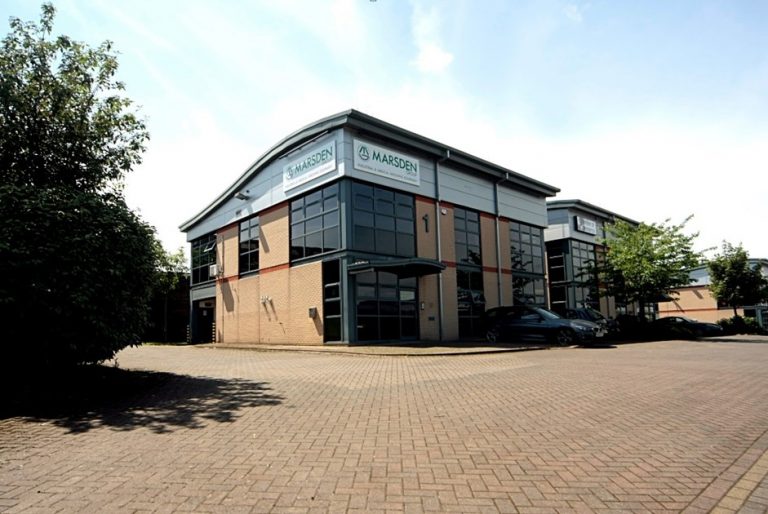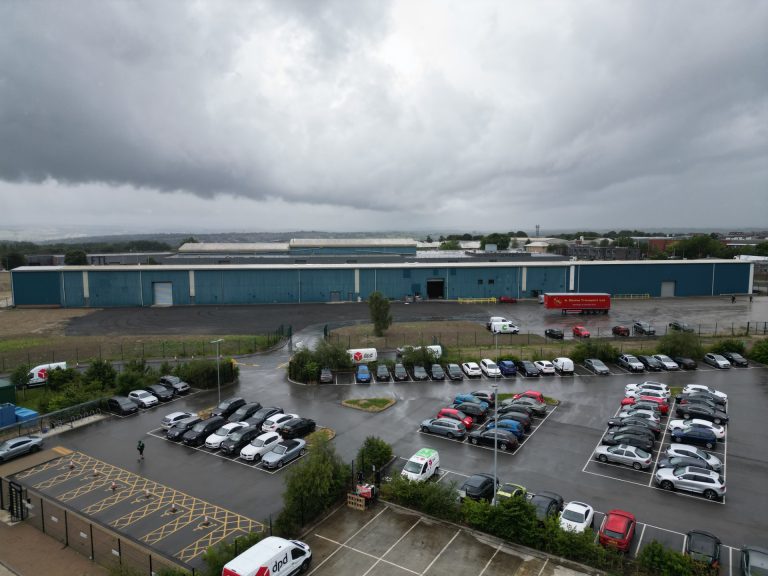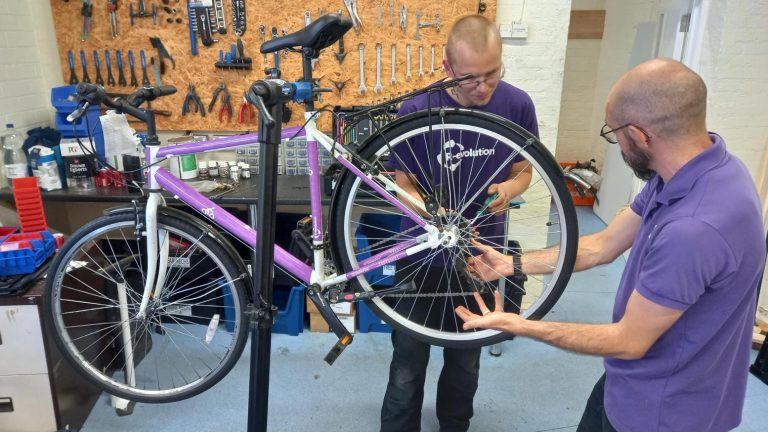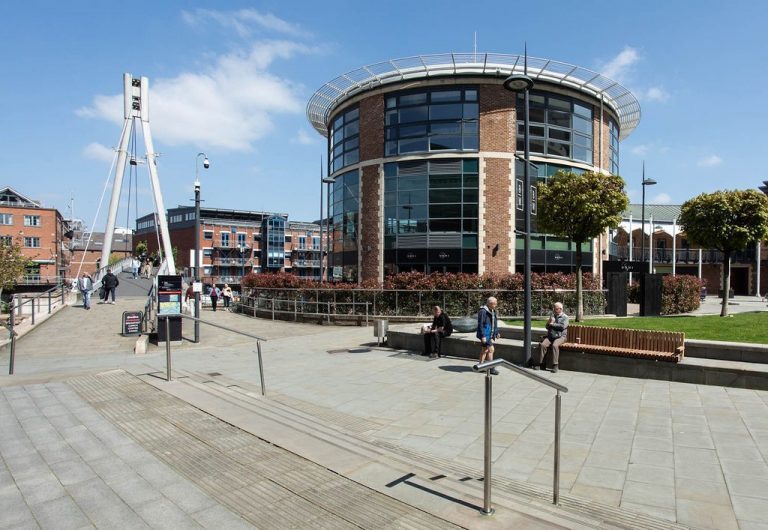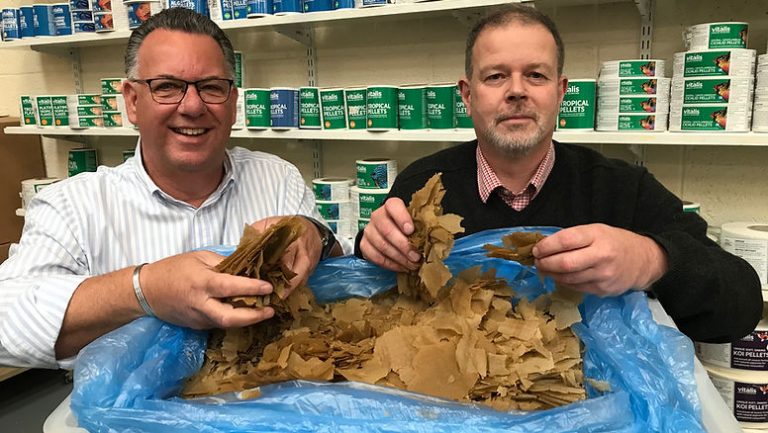Rotherham-headquartered Marsden Group is targeting future growth within international and UK healthcare markets following the acquisition of specialist surgical instruments and medical device manufacturer Bailey Instruments.
The acquisition of Manchester-based Bailey Instruments will complement and strengthen Marsden Group’s international growth strategy, by expanding the company’s existing range of medical instruments which are used by medical professionals operating within the UK’s public and private healthcare sectors.
The deal will see the Bailey Instruments brand retained by Marsden Group, with chairman Tim Bailey playing a consultancy role within the business. Fellow director Gemma Bailey will remain actively involved within Bailey Instruments and will be responsible for leading Bailey’s international growth.
Launched in 1989 by Tim and Sally Bailey, Bailey Instruments developed high quality re-usable products for the podiatry sector. Today the company is responsible for manufacturing a diverse range of single-use and reusable medical devices which are used in general surgery, podiatry, maternity and ENT.
Mark Holdaway, CEO for the Marsden Group, said: “There is a great deal of synergy between the innovative work being delivered by Bailey Instruments and the Marsden Group. The acquisition of Bailey Instruments will provide new opportunities for both businesses, by extending and diversifying the range of solutions we provide to our customers within the healthcare sector.
“The acquisition will provide new opportunities for both businesses, both in terms of investing in research and development, bringing new products to market, as well as building on their expertise, experience and manufacturing capabilities, as we target future growth.”
Tim Bailey, chairman of Bailey Instruments, said: “Joining the Marsden Group of companies will provide us with an opportunity to continue the innovative work we have been delivering in the healthcare sector for nearly 40 years. Together, we will continue to enable caregivers to make a real difference to patient outcomes everywhere.
“When we first entered into discussions it was very clear that our vision was very much aligned with that of the Marsden Group and I am confident that the acquisition will provide opportunities to share our expertise and knowledge, helping to improve patient outcomes by continuing to invest and innovate, whilst crucially providing business continuity as well as helping to unlock new opportunities to grow and develop our operations.”
Established in 1926, Marsden is a leading manufacturer of medical weighing devices and has been responsible for delivering services to the NHS for more than 50 years. Headquartered in Rotherham, South Yorkshire, the company employs 50 members of staff. Marsden is a member of the UK Weighing Federation and is accredited by SGS Limited.


